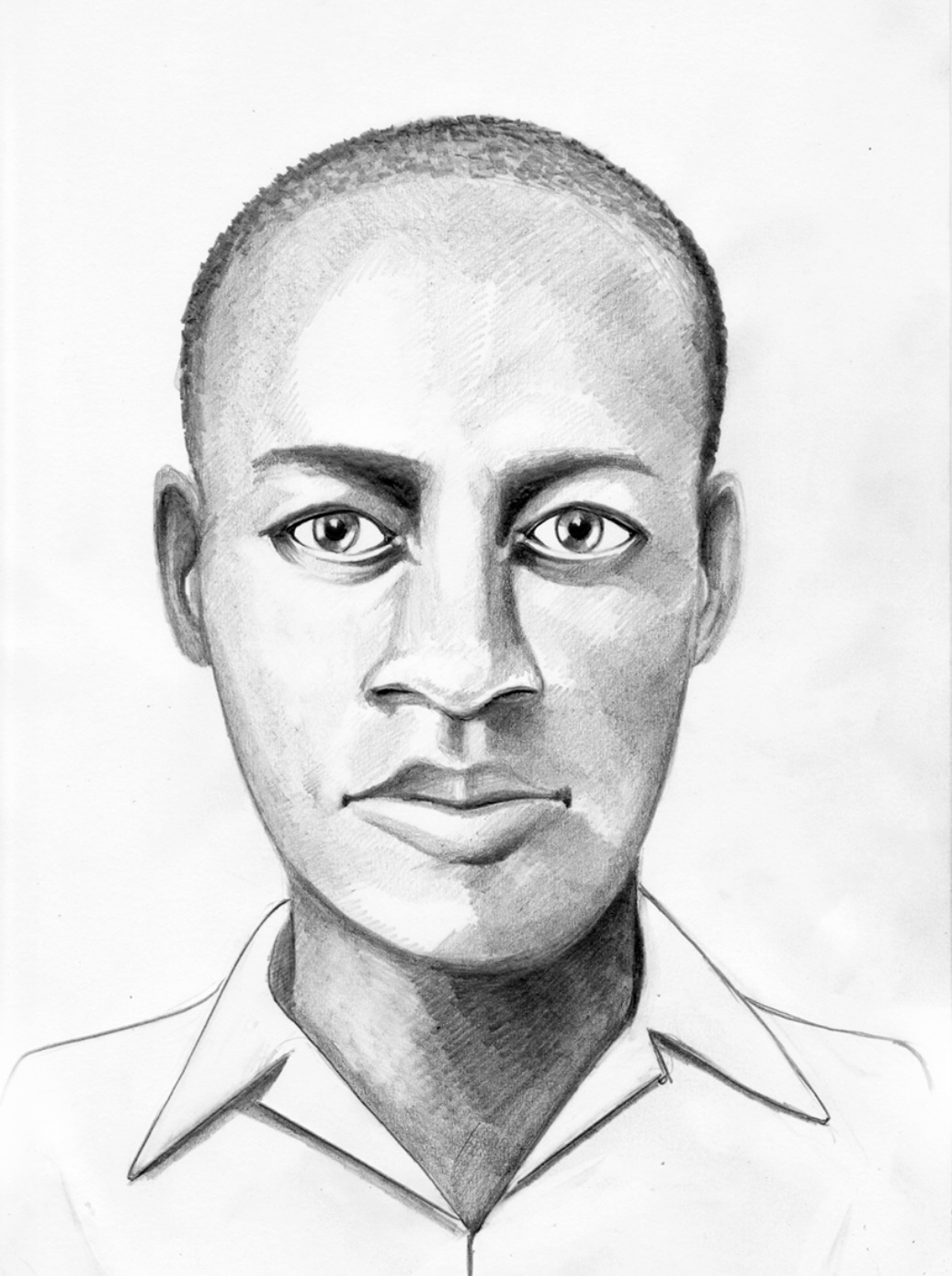Photo AI
Last Updated Sep 13, 2025
Karanja Simplified Revision Notes for NSC English FAL
Revision notes with simplified explanations to understand Karanja quickly and effectively.
483+ students studying
Karanja
Key Events and Characters
General R's Speech:
- He condemns "traitors and collaborators with the colonial enemy". This chapter focuses on Karanja and his internal struggles.

Karanja's Actions:
- Karanja decides to leave Thabai, fearing that without the protection of the British, he cannot stay.
- On his way to the bus stop, he meets Mumbi, thanks her for her note, and says he searched for her at the Independence Day celebrations. Mumbi tells him she never wants to see him again.
- Karanja reveals to Mumbi that Mwaura warned him people planned to kill him, suspecting him as the traitor. Mumbi confirms that Mugo confessed at the meeting. Karanja asks to see Mumbi's child, but she refuses.
Fear of Retribution:
- Karanja reflects on how he relied on the British for power. At the celebrations, he was too scared to admit he had no involvement in Kihika's death.
- He wonders why Mumbi's betrayal of him feels more painful than the betrayal by others.
Despair at the Railway:
- Karanja ends up at the railway crossing in Githima, where he feels consumed by despair. He contemplates suicide as the train passes, leaving him alone in the darkness.
Flashbacks
Relationship with His Mother:
- Karanja remembers his mother, Wairimu, who disapproved of his betrayal and warned:
"Do not go against your people."
Confession of Betrayal:
- Karanja confesses he betrayed Kihika after witnessing his hanging.
- He initially felt disgusted but later joined the British Home Guard, helping to identify Mau Mau members while masking his identity.
Themes
Heroism:
- Karanja and Mumbi admire Mugo for his courage in confessing to betraying Kihika, calling him "a man of courage."
Suffering and Sacrifice:
- Karanja contrasts with Kihika, who made sacrifices for the Mau Mau cause.
- Karanja prioritised self-interest, seeking personal benefits and power instead of helping his community.
Betrayal:
- Karanja, like Mugo, is a traitor. He betrayed:
- His friend Gikonyo by having an affair with Mumbi.
- His community by supporting the British.
- His identity, abandoning Thabai and his mother.
- His mental state deteriorates as he struggles with guilt and confusion, much like Mugo.
Community vs Individual:
- Karanja avoids taking responsibility for betraying the community and instead tries to run away.
- His cowardice leads to isolation—abandoned by the British and rejected by the people of Thabai.
Guilt:
- Karanja is overwhelmed by guilt and regret, a sharp contrast to his earlier lack of remorse while abusing his power as a Home Guard and Chief.
Symbols
The Railway:
- The passing train symbolises the British leaving Kenya, along with their colonial power and influence.
Figurative Language
- Imagery of the Train:
- The train is described vividly: "The screeching tore into Karanja's body."
- This metaphor conveys Karanja's mental agony.
- Onomatopoeia:
- The sound of the train's "screeching" heightens its dramatic impact.
- Irony:
- Despite betraying his people, Karanja is not denounced at the Uhuru celebrations.
- Instead, the traitor Mugo, who betrayed only one person (Kihika), confesses publicly.
500K+ Students Use These Powerful Tools to Master Karanja For their NSC Exams.
Enhance your understanding with flashcards, quizzes, and exams—designed to help you grasp key concepts, reinforce learning, and master any topic with confidence!
940 flashcards
Flashcards on Karanja
Revise key concepts with interactive flashcards.
Try English FAL Flashcards102 quizzes
Quizzes on Karanja
Test your knowledge with fun and engaging quizzes.
Try English FAL Quizzes29 questions
Exam questions on Karanja
Boost your confidence with real exam questions.
Try English FAL Questions27 exams created
Exam Builder on Karanja
Create custom exams across topics for better practice!
Try English FAL exam builder57 papers
Past Papers on Karanja
Practice past papers to reinforce exam experience.
Try English FAL Past PapersOther Revision Notes related to Karanja you should explore
Discover More Revision Notes Related to Karanja to Deepen Your Understanding and Improve Your Mastery
